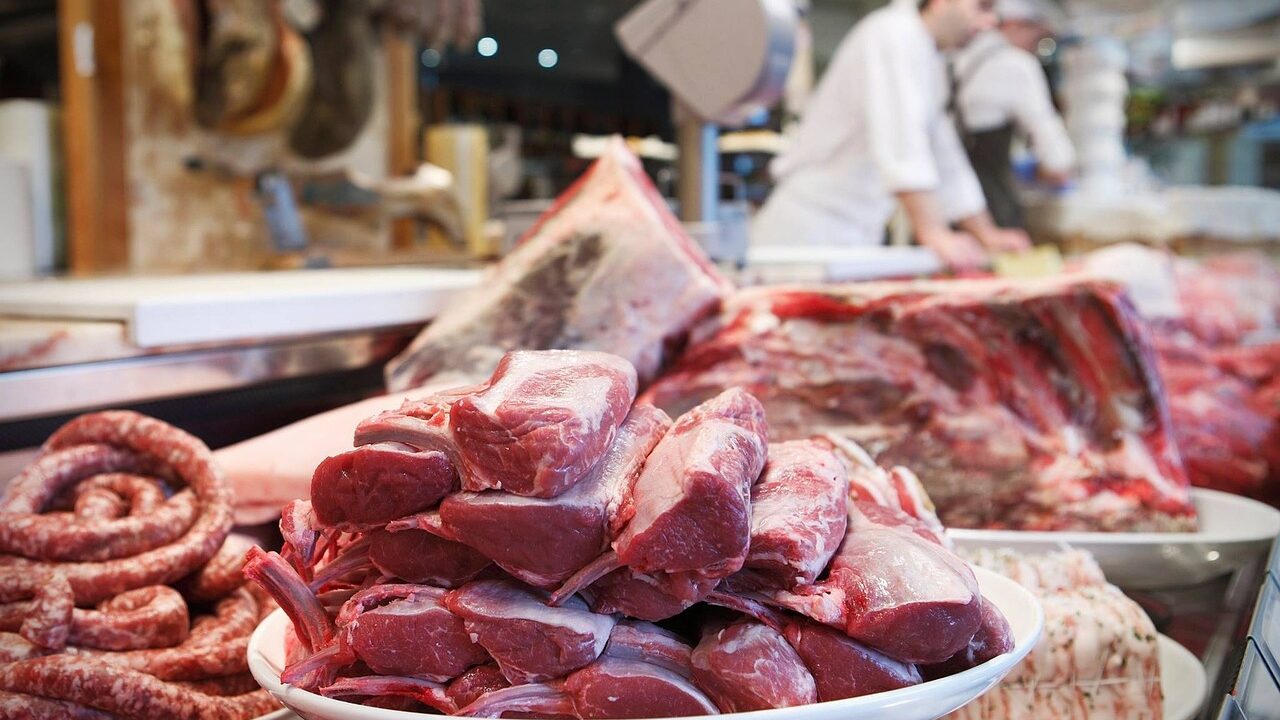The British Veterinary Association (BVA) has expressed concerns over a report indicating that significant volumes of meat are being illegally imported into the UK, with some entering the food chain.
This follows the publication of a new parliamentary committee report on biosecurity of UK borders, revealing 70t of illegal animals products were imported between January and April at the Port of Dover this year.
BVA, which represents more than 19,000 vets, is calling on the UK government to urgently develop a coherent, risk-based national strategy to close the gaps in border biosecurity and protect the UK from devastating diseases such as the African swine fever and foot-and-mouth disease.
Report
The Environment, Food and Rural Affairs Committee report, published on Monday (September 8), reveals a lack of adequate border control enforcement when it comes to personal imports of meat and other products of animal origin, including dairy.
The report has detailed that the amounts of illegal food imports being seized at the UK borders are increasing, with the average weight of of illegal meat or dairy at the border now reported to be 158.3kg.
The Environment, Food and Rural Affairs Committee indicates that the volumes seized at the border are “the tip of the iceberg”, with far greater quantities likely to be escaping interception.
The report also highlighted the absence of a national strategy to manage the significant animal disease and public health risks posed by potentially contaminated products.
The report raises particular concerns about funding cuts for official vets at Dover, alongside ministerial comments that appear to dismiss the vital role of vets in protecting biosecurity.
BVA
The junior vice president of the BVA, Rob Williams has expressed his “deep concern” regarding the report, following the findings of serious gaps in border enforcement and large amounts of illegal and potentially contaminated meat that continue to enter the UK.
He said: “This could have catastrophic and costly impacts on the UK’s food security, public health, and animal health and welfare through the import of exotic animal diseases such as foot-and-mouth disease.
“The findings from this report, coupled with the recent National Audit Office report on animal disease resilience, should act as a wake-up call to Government to urgently deliver a coherent and properly resourced national strategy to tackle illegal meat imports and safeguard the UK’s biosecurity.”
Williams highlighted the role government vets play in protecting the nation’s biosecurity, but admits they can “only do their jobs effectively if they are supported by effective systems.”
“As part of a national action plan, we would like to see better support for vets through a data-driven and risk-based system that is fit for purpose,” he said.
“This should also include adequate resources for Official Vets and the agencies tasked with keeping borders secure, which is why we want to see the proposed 70% cuts to Dover Port’s budget for spot checks on animal products reversed.”

